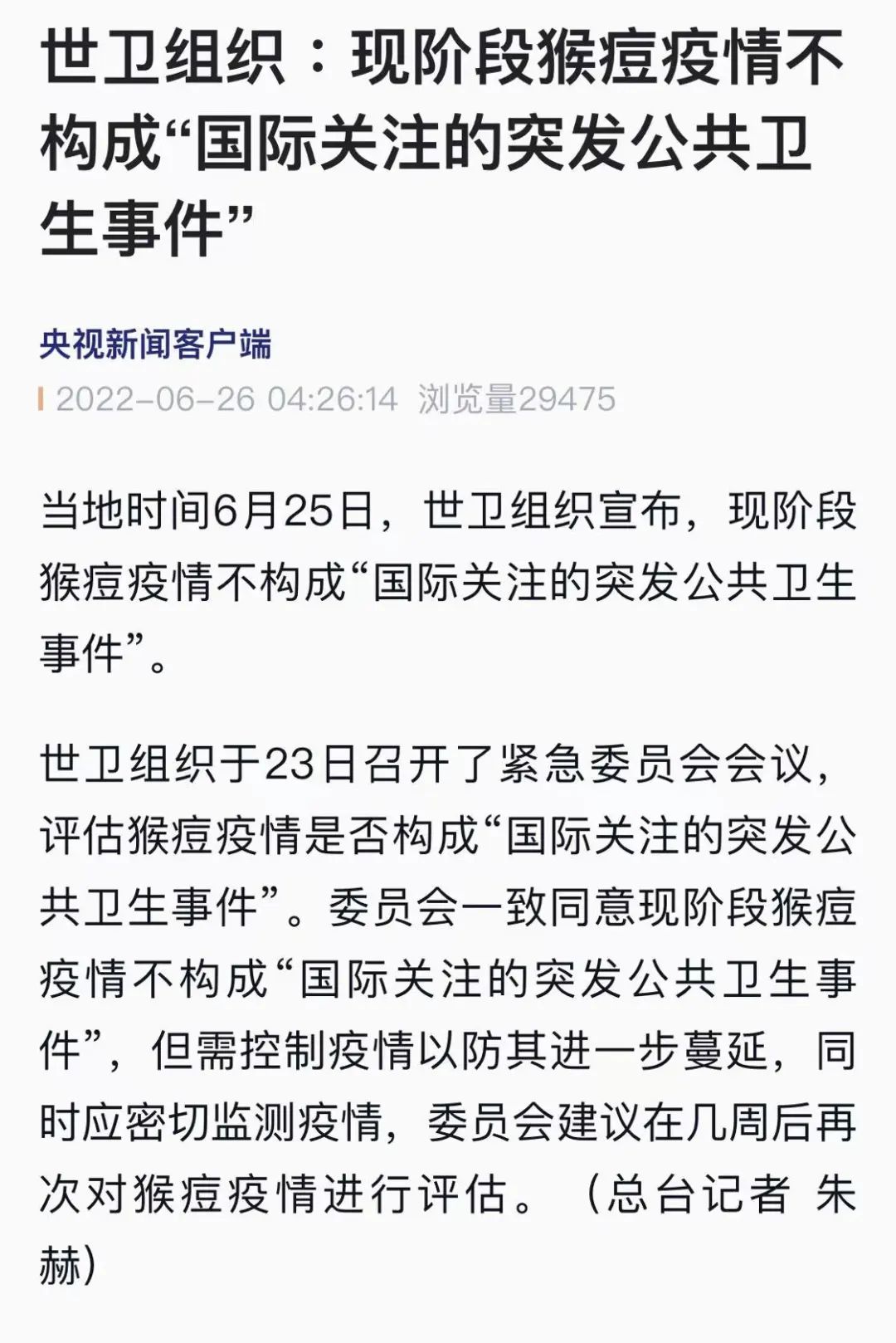[Henan Science Popularization] "Dietary Guide" easily read 73 How to avoid waste food?
Author:Healthy Central Plains Time:2022.08.09
"After noon, sweat and the soil, who knows that the Chinese food, the grains are hard." Cherish food and eliminate waste, which should become the habit of each of us.
Do not waste food involves multiple links, and the Guide proposes that the following four points should be achieved for family and individuals.

First, buy on demand and store reasonably.
Before buying food, make a plan, especially food with short shelf life. According to factors such as the number of dining people and the food preferences of each person on the day, it can be coordinated and purchased on demand to ensure freshness and avoid waste. For foods that can be stored in short -term storage, it should be stored according to the storage conditions of food characteristics and logo, and eaten within a certain period of time to avoid the food is not fresh or deteriorated.
For example, the meat can be cut into small pieces and put it in the refrigerator to freeze. Take out a bag when eating. The pocket rice noodles should be tightly tightened after taking it and stored in a cool and dry place.

Second, small amounts, CD -ROM operations.
Small foods are good measures to realize food diversification and reduce waste. Restaurant and canteens should provide customers with "half -serial dishes" and "small dishes" to avoid waste.
Cooking at home is easier to grasp the consumption and control of food, prepare meals on demand, and divide meals reasonably, which can not only reduce waste, but also easily achieve the nutritional matching of diet.
Generally speaking, a family of three meals can prepare three dishes and one soup to meet the needs. The weight of a plate of pure meat and hot dishes or cold dishes is about 100 grams, and a plate of vegetarian or vegetarian dishes is about 150 to 200 grams. A cooking food should not be too much. It should be reasonably arranged according to the number of dining people and the amount of food, and the CD is not wasted.
Preparation at home also includes the treatment of vegetables, meat, etc. before cooking. Try to make full use of food as much as possible, learn to use a variety of foods and edible parts to reduce the "garbage" of food production.

Third, make reasonable use of leftovers and leftovers.
After family meals, the remaining meals are unavoidable after all. It is not advisable to throw away. It can be treated appropriately to become a delicious dish for the next meal.
For the remaining meat foods after the meal, the clean utensils are used to bloom, and it is stored as soon as possible to save it as soon as possible to eat it in the short term. The remaining rice can be put in the refrigerator as soon as possible to avoid the unsuitable temperature storage produced mold or deterioration.
It is best to use leftovers to be used directly, or it can be made into porridge, vegetable porridge, fried rice and other dishes.
The meat can be turned into small pieces of meat or shredded meat. Add fresh vegetables and put it into the pot to become a new dish.
For cooking vegetables, especially leafy vegetables, it is not suitable for storage. The energy of the vegetables is extremely low and does not affect energy intake. It is best to eat it once.
Fruit fruits and rhizome vegetables can be added to the meat to make new dishes again. In addition, the remaining meals must be eaten under the premise of safety and hygiene.

Fourth, go out for dinner, or order dishes on demand.
Eat ate, drinking, and excessive luxury and indulgence, not only waste, but also damage to your health.
Public catering should promote meals, simplified meals, and meals, advocating a "new food" of conservation, hygiene and reasonable diet. It can also provide standardized dishes that provide half of the dishes and accurately label the amount of dishes to facilitate consumers to regulate the amount of food independently. To reduce waste.
Each of us should also be the practitioners and promoters of "new food". When going out for meals, it is promoted to order small dishes, half -serial dishes, or ordering rationally, and ordering in moderation.
The standard amount of each dish is generally recommended (calculated based on the edible part): 100-150 grams of pure meat, and 150 to 200 grams of mixed vegetables with meat -based mixed vegetables.
When ordering, it is recommended to estimate the reasonable intake of vegetables and meat based on the number of meals and vegetables, first determine the number of cold dishes and hot vegetables, and then combine with vegetables and vegetables. The principle of health is reasonable with dishes. You can be less, not enough to add, and promote the CD. If there are remaining meals, pack them away, and consciously resist the waste. When consumption of buffets, it should also be estimated to be self -need, and a small amount should be used for multiple times to avoid unnecessary waste of one -time acquisition but incomplete consumption.

In short, we do not waste food, we must do: buy food, small foods; order in order, and do not spread the meals;
Really respect food, cherish food, and do not waste food; eat with your own tableware to reduce the use of disposable tableware tableware; reduce the use of food packaging and white plastic products, reduce the pollution of the environment; Essence
Author: Book Xiaoyan Editor: Yuan Xin
- END -
Regarding monkey acne, the latest judgment of WHO!

On June 25, local time, WHO announced that the current stage of monkey acne epidem...
For invention and screening, he "medical" to protect the health of the grassroots people

Wuhan Evening News June 19 (Reporter Liu Yue correspondent Liu Zhihua) The patient...